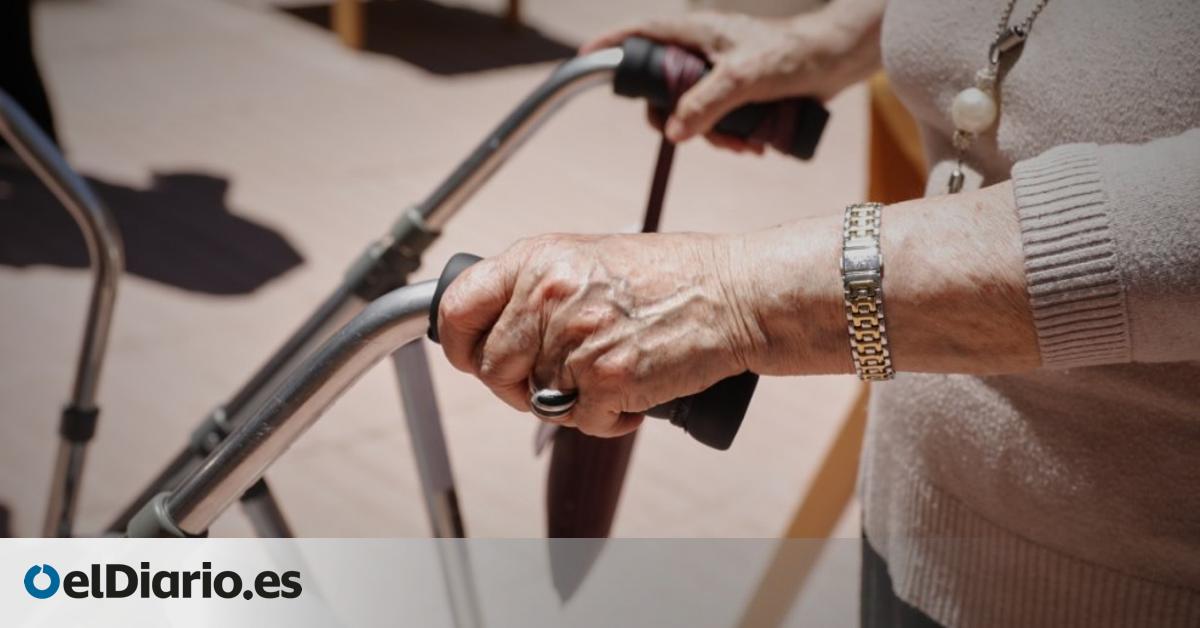
In 2023, the Ministry of Social Rights reduced the financing it transfers each year for the agency to six autonomous communities as a penalty for having cut its own budgets. It was the first time that the Government activated a mechanism to prevent the territories from taking advantage of the extra injection of money from the State – which began with the shock plan aimed at improving waiting lists – to reduce their own contribution.
In 2024, and given the sanctions of the previous year, no community has reduced its allocations, confirm sources from the Ministry, which met this Monday with the autonomies in the Territorial Council of Social Services to address the distribution of funds.
Aragón, Castilla y León, Catalonia, Comunitat Valenciana, Extremadura and Murcia were the territories to which this system was applied after cutting, between them, a sum of 75.64 million euros, as this media has learned from the evaluation reports published annually by the Imserso (Institute for Seniors and Social Services) with the figures of the state and regional contribution in each territory.
The mechanism establishes that the amount cut is the amount that deducts the communities from the state contribution. To understand it more simply: if a regional government reduces its contribution by six million, the State subtracts six million from the money it transfers. With this account, the Government distributed a remainder of more than 75 million – almost 10% of the total transfers it made (783 million) – among the rest of the territories that had maintained or improved their financing. These actions are included in a clause included in the resolutions signed year after year and that mark how the budget will be divided.
In the last one, published in May 2023 in the Official State Gazette, it was established that for 2024 the criteria for distributing funds are conditioned “to maintaining for 2023 the average amount of expenditure for the years 2021 and 2022, so that if “If the 2023 expenditure is lower than the average of the previous two years, the difference will be reduced from the final result of the indicators of said distribution for the agreed level of 2024.” For the amounts “surplus as a consequence of the above”, the guideline is “redistribute among the communities to which said reduction has not been applied.” But it was not necessary to apply it.
The warning that he was “cashing in”
Several reports from the State Association of Directors and Managers of Social Services published in recent months have already warned that some communities were “cash-in” with extra money from the central government. That is, “relieving regional coffers instead of increasing care for dependent people.” The Executive injected 600 million euros more annually into the departments between 2021 and 2023. The increase in financing has allowed an increase in the number of people served, the amounts and waiting times, but there are still tens of thousands of users who die waiting for their benefit. .
40,447 people died waiting to be evaluated or treated last year. There are 111 every day, one every 13 minutes, according to the study by the Association of Directors and Managers of Social Services that evaluated the results of the shock plan three months ago. The organization points out that the impact is “less than expected” among other things due to the actions of some communities.
Five communities worsened the indicators
State allocations for dependency and the promotion of autonomy, in addition to being subject to not being cut, may vary depending on a series of indicators that have to do with the evolution of the dependent population, but also with the capacity of the communities to reduce the waiting list, serve more people, improve employment or streamline bureaucracy.
Although this year the Government is not going to punish any territory for cutting their budgets, five communities will see their financing slightly reduced because they had worse results than in 2023 in some indicators. On the contrary, ten of them will obtain a greater allocation as a result of an improvement, as elDiario.es has learned.
The Ministry annually signs a bilateral agreement with each department to formalize these items, indicate ministerial sources. Andalusia was the community that received a higher percentage of allocations in 2023 (18.74%), followed by Catalonia (13%) and Madrid (12.67%).
As a novelty, the Ministry led by Pablo Bustinduy also wants to link financing to compliance with the accreditation agreement approved in the last legislature to change the model of residences (from macro-institutions to places more similar to a home) and to the “deinstitutionalization” strategy. which will be deployed in the next six years to prioritize care at home.
The declared intention of the current ministerial team is to continue increasing the state contribution to 4,000 million throughout the legislature. This would mean an increase of 400 million annually (from 600 to 1,000), although at the moment this plan is paralyzed by the extension of the budgets. This year, the amount transferred is the same as the previous one: 783 million euros.
Source: www.eldiario.es

